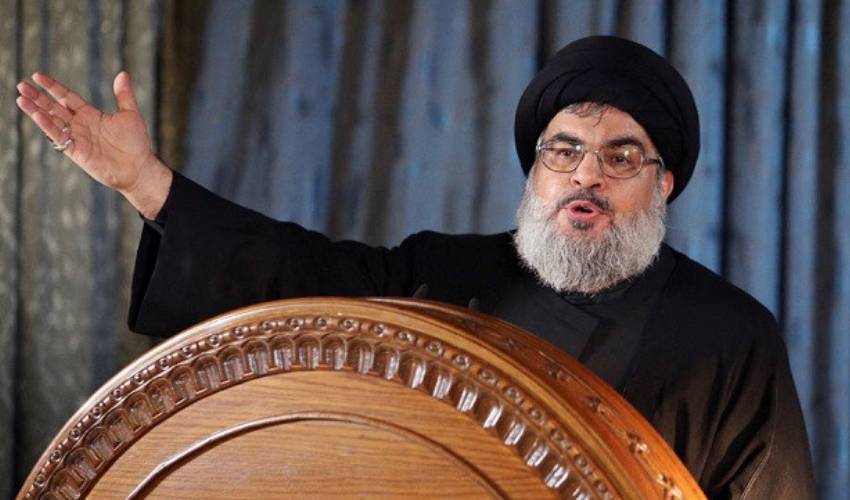Lebanon’s Hezbollah will hold a mass funeral for its former leader, Hassan Nasrallah, on Sunday—nearly five months after he was martyred in an Israeli airstrike. The funeral is expected to serve as a demonstration of political strength for the group, which has been significantly weakened by the recent war.
Nasrallah was killed on September 27 in an Israeli airstrike targeting a bunker in Beirut’s southern suburbs, where he was meeting with commanders. His death dealt a major blow to Hezbollah in the early stages of Israel’s military campaign, which has inflicted heavy losses on the Iran-backed organization.
A Symbol of Resistance
Nasrallah, revered by Hezbollah supporters, symbolized resistance. Under his leadership, the group transformed into a powerful military force and expanded its regional influence, making him one of the most prominent Arab leaders in recent history.
His funeral will be held in Beirut’s southern suburbs, a Hezbollah stronghold, and is expected to draw hundreds of thousands of supporters. The group will also pay tribute to Hashem Safieddine, who briefly led Hezbollah after Nasrallah’s death before being killed in another Israeli strike.
Weakened Political Influence
The war has severely weakened Hezbollah’s military strength, resulting in the deaths of thousands of its fighters and widespread destruction in areas supporting the group. Disrupted supply routes from Iran, due to Syria’s diminishing support under Bashar al-Assad, have further weakened Hezbollah’s position.
Politically, Hezbollah has struggled to maintain its influence in Lebanon. The group has failed to control the formation of a new government, and recent policy statements have excluded any acknowledgment of Hezbollah’s armed status.
A Regional Farewell
The funeral ceremony will be held at Lebanon’s largest stadium, the Camille Chamoun Sports City Stadium, on the outskirts of Beirut’s southern suburbs. Nasrallah will then be buried near his son, Hadi, who was killed in 1997 while fighting for Hezbollah.
Regional delegations from Iran, Iraq, and Yemen are expected to attend, with Iran’s Foreign Minister, Abbas Araqchi, representing Tehran. His death has also dealt a blow to Iran-backed Shi’ite militias across the region, who viewed Nasrallah as a central figure in their geopolitical struggle.



